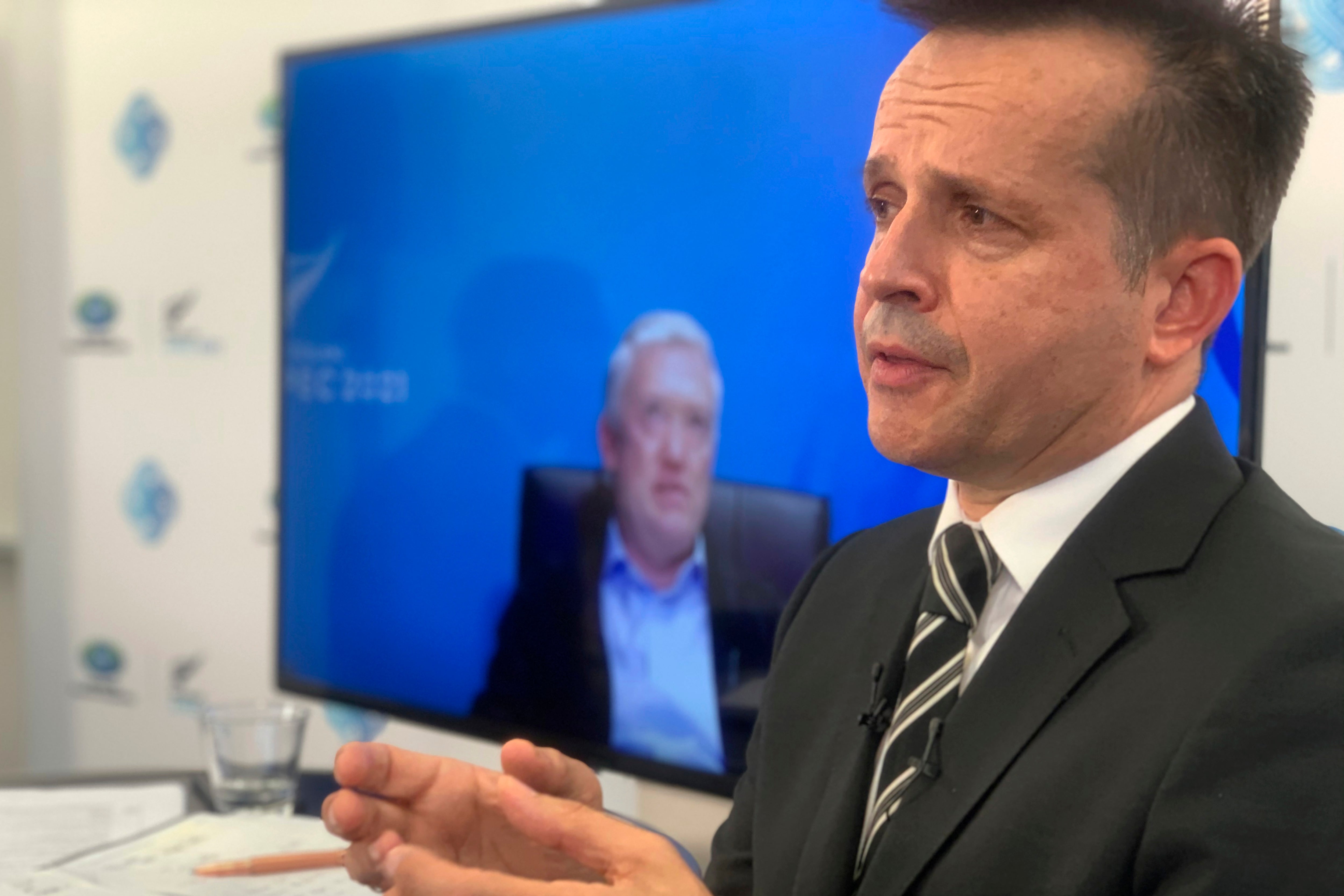New Zealand pushes to end global tariffs on virus supplies
New Zealand is pushing for nations around the world to end tariffs on face masks, syringes and other supplies needed to battle the coronavirus pandemic

New Zealand is pushing for nations around the world to end tariffs on face masks, syringes and other supplies needed to battle the coronavirus pandemic.
New Zealand is making the push as this year's virtual host of APEC, an economic forum of 21 Asia-Pacific countries that includes Japan China, Canada and the U.S.
New Zealand hopes that forum members will quickly agree on a list of products that should have tariffs removed, and that the list will then be used as a template by other nations around the world.
“It is a depressing, objective fact that across our region, many economies impose tariffs, even on vaccines,” said Vangelis Vitalis the chairperson of APEC’s senior officials’ meeting.
He listed examples of tariffs imposed by APEC countries: Soap: 5%. Vaccines: 6%. Syringes: 21%. Specialized freezers that can store the Pfizer vaccine at minus 70 Celsius (-94 Fahrenheit): 30%.
New Zealand last year removed tariffs from such virus supplies. Vitalis said APEC can act more nimbly than other groups like the World Trade Organization.
“No international organization at the moment has agreed on a set of medical products,” Vitalis said. “You'd think that it was pretty obvious that face masks and syringes would be a vital part of it.”
As well as ending tariffs, Vitalis is also hoping that forum countries will agree on ways to make it easier to transport vaccines and medical supplies across borders, for example by removing export restrictions and simplifying customs procedures.
“The response needs to be urgent,” Vitalis said.
The push builds on a more generalized agreement the 21 nations made at last year's forum in Malaysia. It comes ahead of the final first-round meetings of senior officials on Thursday and Friday.
Similar to Malaysia, New Zealand is hosting APEC meetings online rather than in person due to the pandemic. The months of forum meetings will conclude with a leaders' meeting and declaration in November.
Vitalis said members are also working on ways to improve food security during the pandemic.
He said the forum is waiting to see exactly how the incoming U.S. administration will engage with it.
“We are hopeful, though, that on some of the key things that New Zealanders care about, that we will find common ground,” he said, citing issues like climate change.
Bookmark popover
Removed from bookmarks